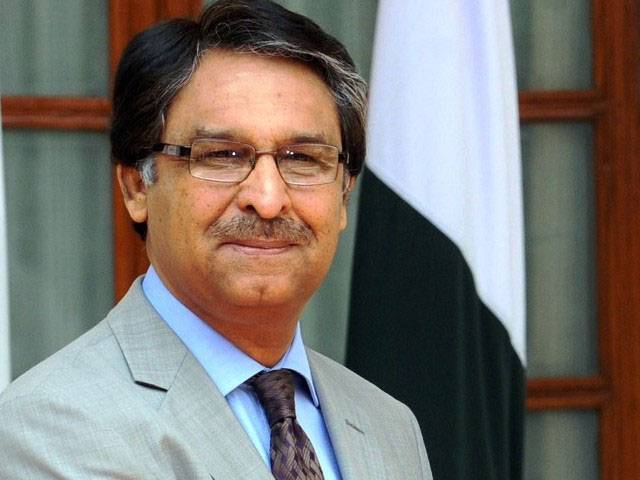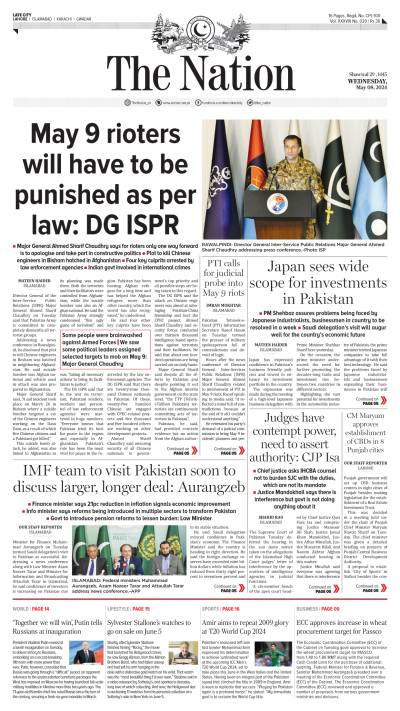WASHINGTON - Pakistan’s security forces heroism and Pakistani people’s sacrifices of Pakistani people have led to the improved security situation in the country that has spurred economic activity, Ambassador Jalil Abbas Jilani has said.
At a briefing session for the Washington-based Women’s Foreign Policy Group, the Pakistani envoy addressed some of the security-related concerns highlighted by US media, stating effective military operations in the border region to eliminate terrorist outfits of all shades and colours had produced positive results.
The group comprises prominent women leaders, activists and corporate executives from Washington as well as spouses of several Congressmen and diplomats.
“The significant reduction in the incidence of terrorism following these operations was unprecedented in the history of counter-terrorism efforts and made possible because of the heroism of Pakistan’s security forces and the selfless sacrifices of the people of Pakistan,” Ambassador Jilani said.
“The improved security situation in the country was contributing towards enhanced economic activity reflected through positive economic outlook of Pakistan by the international financial and credit rating agencies,” he added.
The Pakistani envoy also spoke about a range of vital foreign policy issues, particularly the Pakistan-US relations, and peace and stability in South Asia in the rapidly evolving regional scenario.
Talking about the regional political landscape, Ambassador Jilani emphasised that Pakistan was pursuing the policy of a peaceful neighbourhood and taking affirmative actions to improve relations with its immediate neighbours.
Reiterating Pakistan’s efforts to normalise relations with India, he regretted how the intransigence of the current Indian leadership was compromising prospects of peace in the region by resorting to repeated violations across the line of control and intensifying its brutal crackdown against innocent Kashmiris demanding their right to self-determination promised to them by the international community and India.
Jilani stated that war was not an option for two nuclear neighbours.
Tensions between India and Pakistan would not only retard economic growth but was also detrimental to regional peace. It was imperative that India should resolve all issues in accordance with international legality, justice and fair play.
He also elaborated on how Pakistan and the US had joined hands in the common objective of promoting peace in the region through the Quadrilateral Coordination Group (QCG) process, which was aimed at facilitating direct talks between the relevant stakeholders in Afghanistan.
During the recent Brussels Conference, Pakistan had also committed an additional $500 million for development projects in Afghanistan.
Giving a historic overview of Islamabad-Washington relationship, Jilani informed the group about the inherent strength and resilience of the bilateral relationship based on the shared objectives of democracy, mutual respect, peace and prosperity.
These common goals, the ambassador emphasized, had held the two countries together in some of the most testing times in the recent history, he said.
He also shared with the audience the dynamic transformation of the Pakistani society in the last few years reflected through consolidation of democracy, free media and independent judiciary. The increasingly progressive legislation on women’s rights was the hallmark of today’s Pakistan, Ambassador highlighted.
Despite some differences, Pakistan and the US shared a commitment to democracy, human rights, economic growth, and respect for international law being essential to long-term regional as well as global peace, stability, and prosperity, he said.
Pakistan would continue to strive for peace in the region and around the world and looked forward to continue US cooperation and support, he stated.






